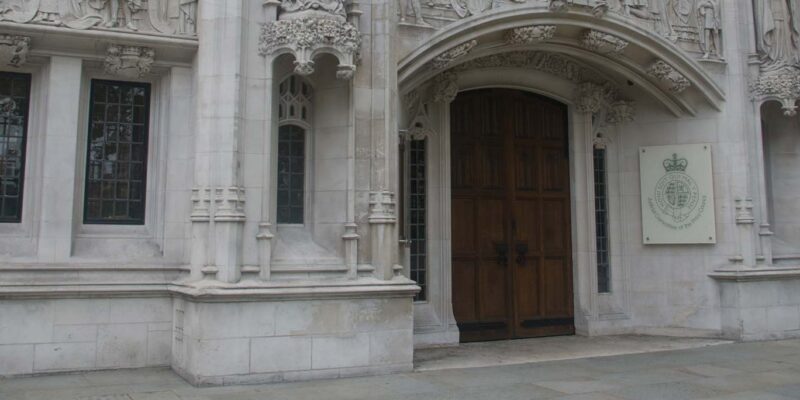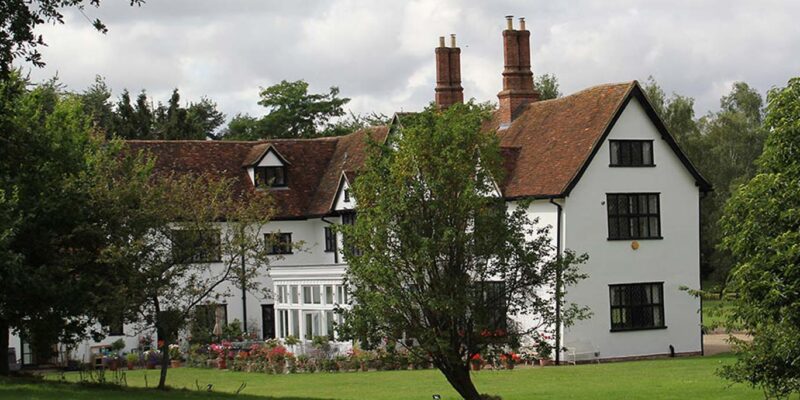The Localism Act 2011 introduced a system to give local community groups a right to bid for (and potentially buy) local land that is considered to add value to the community (pubs, historical sites, etc).
Manchester 0161 832 2500 | London City 0204 505 8080 | London Finchley 020 8349 0321
Secure PaymentThe property must have been used for the purposes of furthering the social wellbeing or interest of the community in the recent past and would be used for the same purpose within the next five years. (This is where a challenge of the listing may take place)
When the owner of land listed as an ACV wants to sell, the community groups are given the opportunity to develop a bid and raise the necessary funds to buy the property. The owner of that land is then restricted from selling to anyone else until a 6-week moratorium has passed. Once this period has passed and if there has been no interest shown by local interest groups, the owner is able to sell to whomever they want.
If there is interest during the 6-week period – the owner is restricted for 6 months from selling the property.
The Listing Process
- The land must be nominated by a community organisation (which has a broad definition) as an asset of community value at which point the local authority must decide whether to put the asset on their list of land in their area that is of value to the community.
- If the local authority decides not to list the land as an asset of community value, or the landowners’ request to stop the listing is successful, then that land will still be entered onto a list maintained by the local authority of land specifically for “unsuccessfully nominated for inclusion” on the ACV list.
- If the landowner either does not object to the listing, or is unsuccessful in their objections, then the land will be added to the list of land that is of community value maintained and publicised by the local authority. It will remain on this list for a period of five years.
If it is listed as an Asset of Community Value, the land cannot be sold without first notifying the local authority.
- The notification of sale will be circulated to interest groups & that initial notification to the local authority is when the initial 6-week moratorium period begins.
- If there are no interest groups interested/willing/able to purchase the property within the first 6 weeks, the owner can sell to whomever they please.
- However, if a community interest group does express an interest in placing a bid for the site, then the full moratorium period of six months will apply. During such time the landowner cannot sell the land to any party other than a community interest group.
- There is nothing that says the property must be sold to a local group, but merely a restriction on selling to any other parties during the 6-week moratorium if there is no interest OR the 6-month moratorium if there is interest from an interest group.
- It should be noted that the landowner does have the opportunity to request a review of the local authority’s decision to list, and then appeal that decision.
To summarize
ACVs stop the owner from selling for either 6 weeks or 6 months to anyone other than local interest groups:
- This does not mean they are restricted to selling to these groups, there is just a delay in selling to any other party.
An ACV can be challenged by the landowner: If the Local Authority decides to list the land as an ACV, the landowner then has eight weeks to challenge the listing with the local authority if they desire.
- The local authority may have a hearing to consider the property owner’s opinions, but the review must be completed within eight weeks of the property owner’s request being made.
- If the review decides that the listing of the property as an asset of community value was valid, then the property owner may appeal to the First Tier Tribunal. This appeal must be made within 28 days of the local authority conveying the review decision to the property owner.
The property owner may apply to the local authority for compensation when listing of an asset of community value causes delay to a sale because of the moratorium period imposed.
- The property owner is also entitled to recover reasonable legal costs if successful in challenging the listing of the property as an ACV on an appeal to the First Tier Tribunal.
- A claim for compensation must be made in writing to the local authority within 13 weeks of the loss or expenses incurred.
By Avi Barr and Lachlan Spriddle


